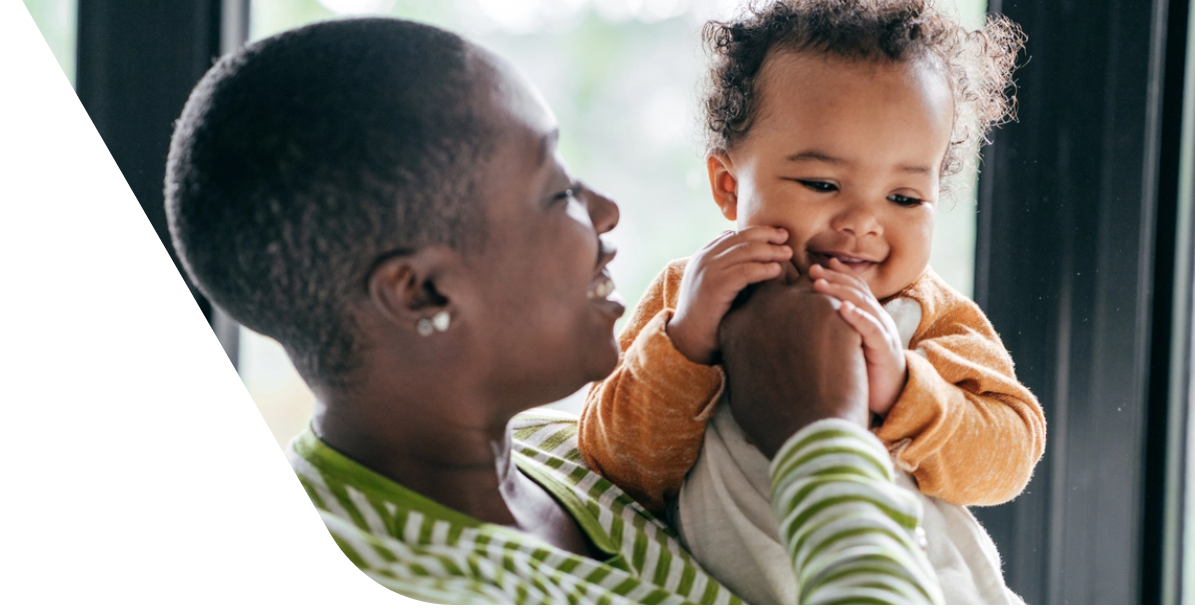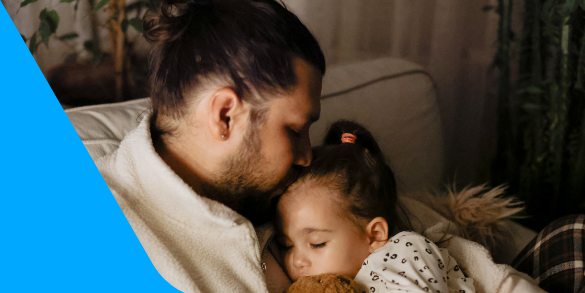Social and emotional development at the age of 16 months? Discover the development milestones of a 16-month old child.
Social and Emotional Development
As we go through life, we learn that there are different levels of social exchange—from casual pleasantries with strangers to deep relationships with family and friends. For a toddler, this is hard developmental work and can be a study in contradiction. You'll be delighted with your toddler's display of affection, but dismayed two hours later when he has a temper tantrum because he wants two cookies rather than one. He asks your help to solve a puzzle, but other times rejects you with a firm “No!” Don't be surprised if some days he's happy and other days he whines for hours at a time. Your toddler is aware of his own self (“me,” “mine”), what he wants (“you, right now!”), and that he can talk to you and you mostly understand! Still, the rapidity of change can overwhelm him at times.
Challenging Times
Emotionally, this is a tricky time for your toddler, and for you. He needs to express himself and have his own space—but he needs that safe lap to crawl back into when he's had enough freedom. He also needs to know that certain things he does are too aggressive or not socially acceptable. When his needs aren't met, he'll get frustrated and upset. You then have the difficult task of applying love and infinite patience to help him learn boundaries and how to control those powerful emotions. Some toddlers slide back to an earlier stage—for example, asking for a bottle or a pacifier—after an upsetting event, or when Mom has another baby. This behavioural regression is perfectly normal and will pass soon enough.
How Can Nutrition Help?
Feeding your child is about more than just giving him food. It's showing him that you love him, and that he can depend on you time and again to meet his basic needs, even through difficult stages. You're nourishing his body and your emotional bond with him.








